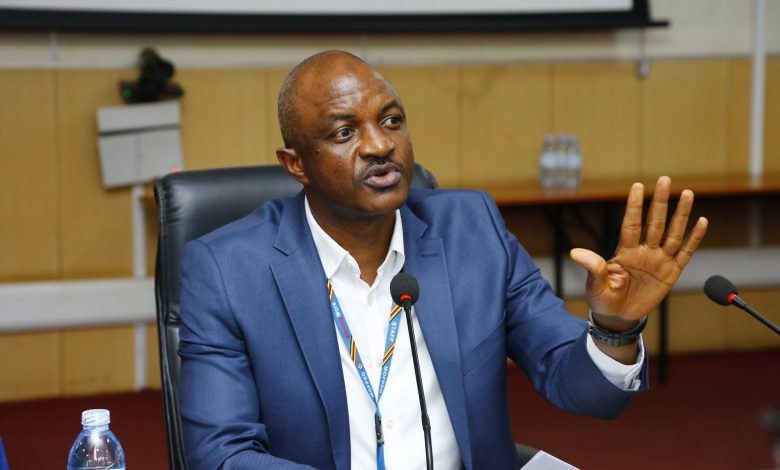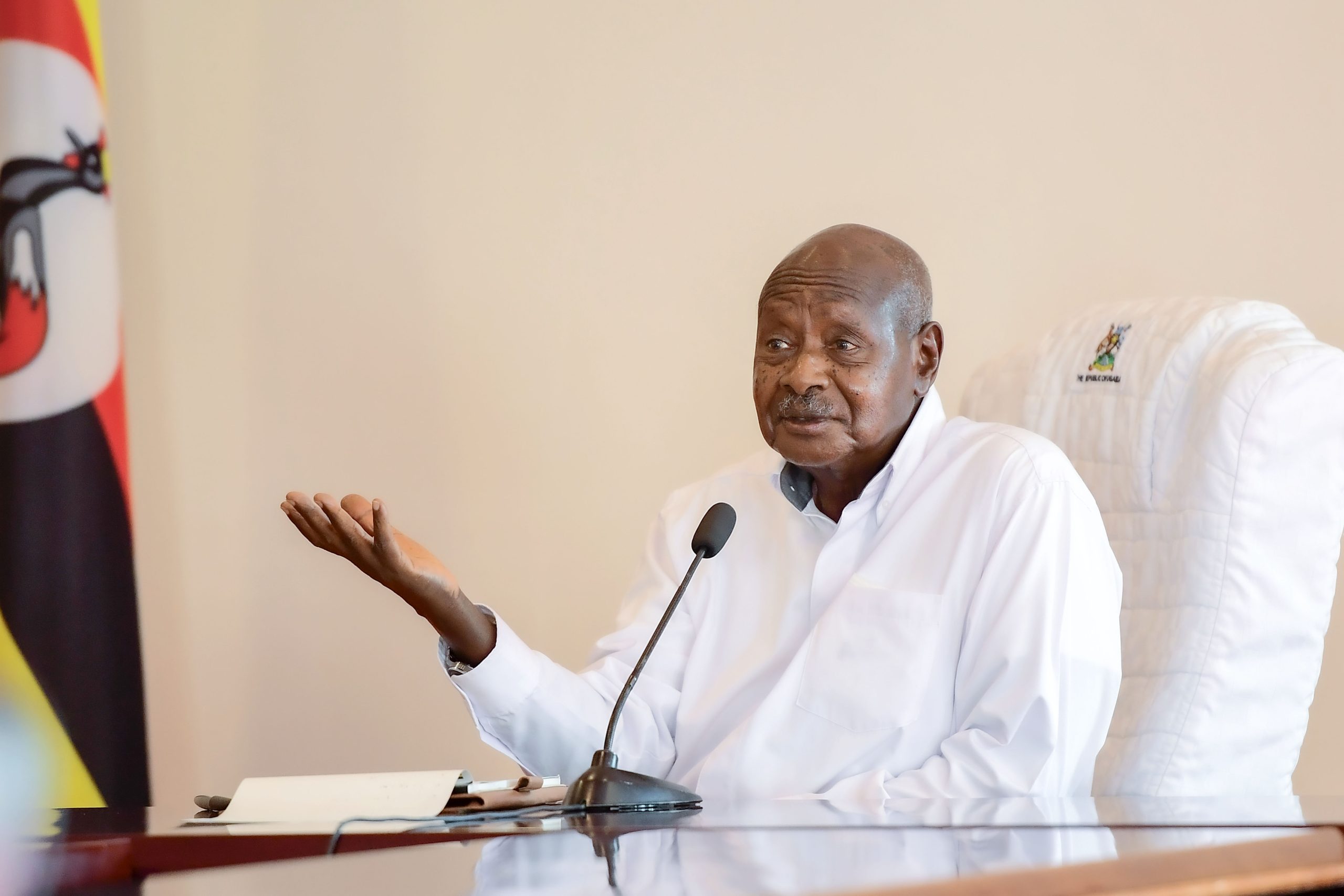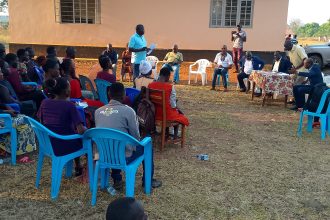The Secretary to the Treasury, Ramathan Ggoobi, has stated that the government will ensure the safety of Ugandans. This comes in light of the recent announcement from the Trump administration regarding the freezing of aid to foreign nations.
Ggoobi mentioned that the government would respond similarly to how it managed the situation when the donor community withheld funds following the enactment of the Anti-Homosexuality Act, suggesting that just as the country did not face disaster then, it will not now despite the United States’ decision to suspend aid.
He shared these comments during a session with Parliament’s Budget Committee, where members of Parliament requested him to clarify the steps the government is taking in response to the anticipated reduction in aid to Uganda.
“I assured you that the scare will remain and the sky is still there. This is just a review, it isn’t a put a stop on the disbursement of these funds for about three months and after that, it is up to the American Government.
I don’t want to speculate on that, I should call upon everybody to behave the way we did on the Anti-Homosexuality Act. The risks we always look at them, analyze them and mitigate them, what I can assure you is that we can never fail to keep Ugandans safe that is our job,” noted Ggoobi.
It is important to highlight that Uganda has greatly depended on foreign aid, particularly from the United States.
This action was declared by President Donald Trump and subsequently enacted by his Secretary of State, Marco Rubio. Reportedly, this freeze will impact billions of dollars in aid from the US State Department and the US Agency for International Development (USAID).
In the meantime, the order will be globally applied and is anticipated to have immediate effects on various programs within Uganda. This is due to the heavy reliance of many NGOs on US funding to support essential sectors like healthcare, education, and development.
While the freeze is not yet in effect, it has prompted a range of reactions, both positive and negative. Some individuals welcome the potential for reduced dependence on foreign aid and the promotion of local development, while others express concern over the long-term adverse effects it may cause.




















